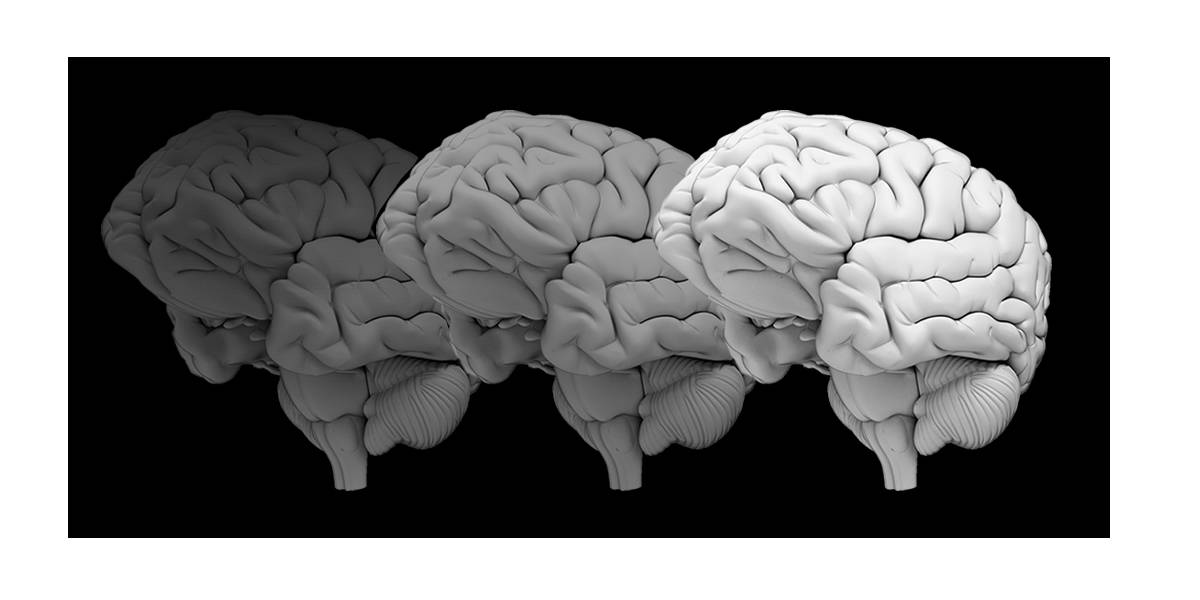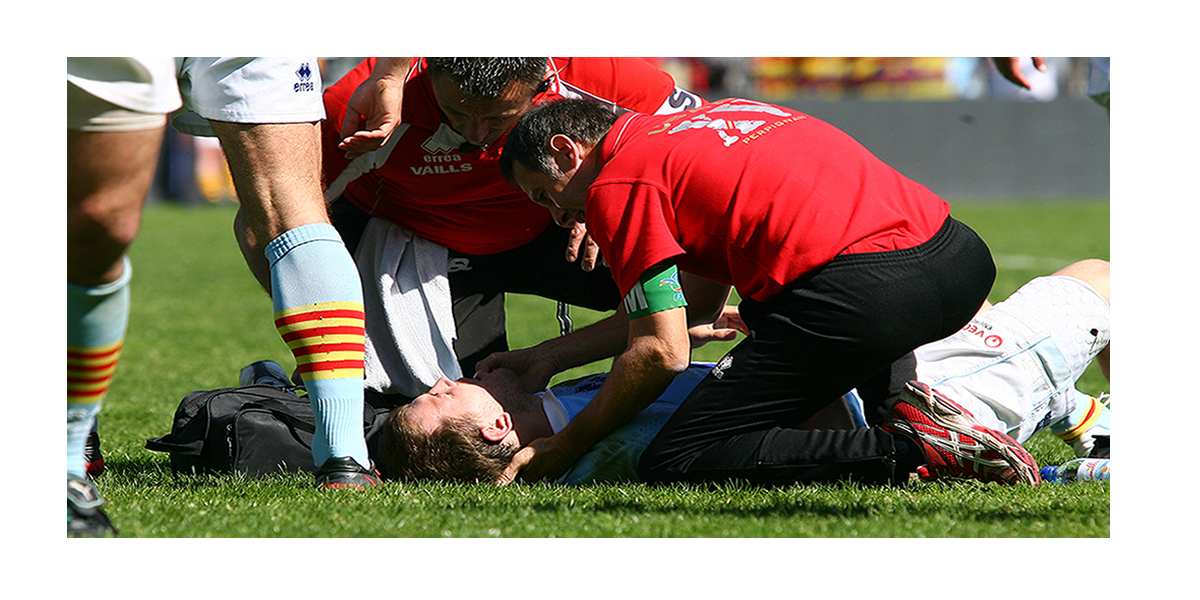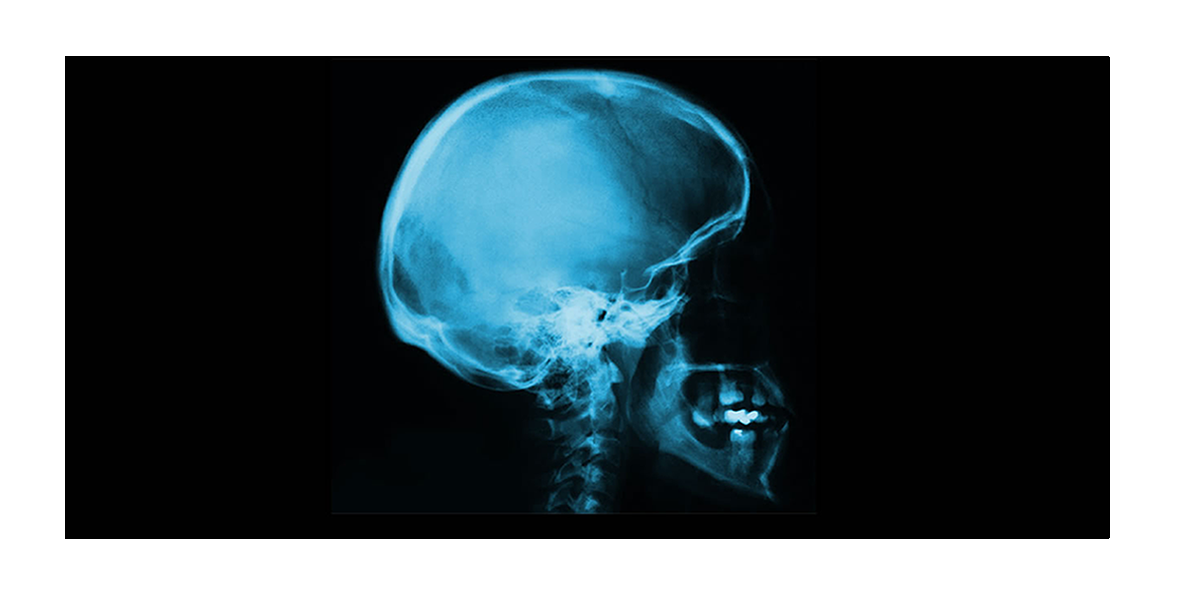|
N.S. dad's description of baby's injury 'ridiculous': Crown
The Canadian Press
January 6, 2012
Halifax — A father's explanation that his baby daughter's brain injuries may have been the result of a change in formula or a decision to take her outside in a stroller were "completely ridiculous," the Crown said Thursday.
Ashiqur Rahman has pleaded not guilty to manslaughter and aggravated assault in the July 27, 2009, death of seven-week-old Aurora Breakthrough.
Crown lawyer Mark Heerema asked Rahman why he told a doctor before her death that a change in formula, the mother's rocking of the baby and her decision to take the child outside in a stroller may have caused Aurora's brain damage.
"Aren't those three explanations completely ridiculous?" Heerema asked.
Rahman, 26, said he was simply trying to come up with possibilities that might help the doctor and it was all he could think of on the day Aurora was admitted to a Halifax hospital.
"I gave whatever information I could," he said. "I didn't know whether it would be useful to him."
Aurora died three days later.
Heerema told the Nova Scotia Supreme Court that Rahman offered the explanations because he knew his rough handling of the child caused the injuries, an accusation Rahman has repeatedly denied in his testimony.
His former girlfriend, Jane Gomes, has testified she saw Rahman shake and slap the baby on two separate occasions.
The trial has also heard medical evidence from the province's medical examiner that Aurora died due to "non-accidental trauma."
The court has also heard testimony from a pediatric pathologist who said Aurora had tears in her brain tissue caused by trauma that occurred more than two weeks before her death.
Outside court, Heerema said the Crown tried to show inconsistencies in Rahman's testimony.
"Credibility is an important consideration in a criminal trial," Heerema said. "Many of the questions were intended to show that perhaps the court may not find him to be credible in his version of events."
Heerema said one example of an inconsistency in testimony came when Rahman said Thursday he didn't believe his baby cried "loudly."
After Rahman said that, the Crown played a video recording showing Rahman telling police, "Whenever she cried, she used to cried loudly."
Rahman later said in court that his statement to police was in response to how loudly Aurora would cry if she were injured, not how loudly she cried each day.
Gomes has testified that Rahman was irritated by Aurora's crying and that he struck and shook the baby while she was crying.
Gomes pleaded guilty last year for failing to provide the necessities of life and received a conditional discharge with six months of probation. She agreed to testify at Rahman's trial as part of an agreement with the Crown.
Rahman finished his testimony Thursday.
Judge Felix Cacchione said he will decide on Jan. 24 whether he agrees to a defence request he review a video of Rahman's entire police interview he gave the day after Aurora was sent to hospital.
He said he will also set dates at that time written and oral closing arguments.
|






